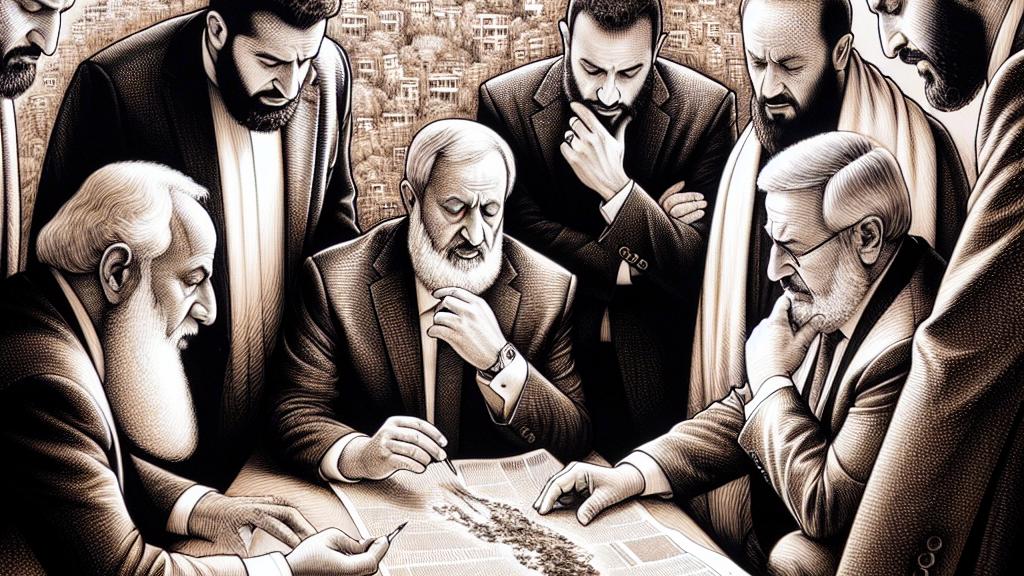Christian Leaders in Lebanon Reflect on Nasrallah's Death
Overview
- Hassan Nasrallah's death in an Israeli airstrike signals a critical shift in Lebanon's political landscape.
- Lebanese Christian leaders react with a blend of hope and apprehension for the nation's future.
- The ensuing tensions highlight the urgent need for unity and proactive dialogue in a nationscope of change.

Context of the Event
Hassan Nasrallah, the influential leader of Hezbollah, was confirmed dead after a powerful Israeli airstrike struck Beirut, dramatically altering the landscape of Lebanese politics. For over three decades, Nasrallah was more than just a politician; he embodied the resistance against Israel, earning both fierce loyalty and intense opposition. His image as a formidable leader had been cultivated through dramatic speeches and unwavering defiance. However, his reputation suffered due to Hezbollah's involvement in the Syrian conflict, which led many to question whether Nasrallah was truly representing Lebanese interests or merely serving Iran's agenda. As news of his death reverberates, it raises vital questions about the future of Hezbollah and the fragile state of Lebanese democracy.
Reactions from Christian Leaders
In the wake of Nasrallah's passing, there has been a profound response from Christian leaders across Lebanon, characterized by a nuanced mix of relief and concern for what lies ahead. Samir Geagea, a prominent voice among the Lebanese Forces party, has been outspoken, stating, 'Hezbollah's aggressive tactics have put our nation at risk without yielding any real benefits.' His sentiment is echoed by many, who see this moment as a unique opportunity to reshape Lebanon's political future. While Hezbollah's dominance in southern Lebanon has been a source of power and fear, the passing of its iconic leader could pave the way for a shift toward greater political inclusiveness. With these leaders advocating for dialogue, the vision is clear: a coordinated, peaceful approach might replace centuries of sectarian tension.
The Future of Lebanon
As Lebanon navigates the aftermath of Nasrallah's death, it faces both challenges and opportunities, beckoning a vision of unity amid chaos. Christian leaders are urging a collective reflection on national identity, emphasizing that now is the time to construct a shared future without the shadows of past violence. One leader remarked, 'Unity is our strength; if we stand divided, we risk repeating the mistakes of history.' This statement encapsulates the urgency of the moment, calling for collaboration across political divides. With international observers keenly watching, the call for peaceful dialogue sounds clearer than ever. The potential for a new era in Lebanese politics is on the horizon, as factions reassess their roles and prioritize the welfare of the nation over the interests of external powers.

Loading...